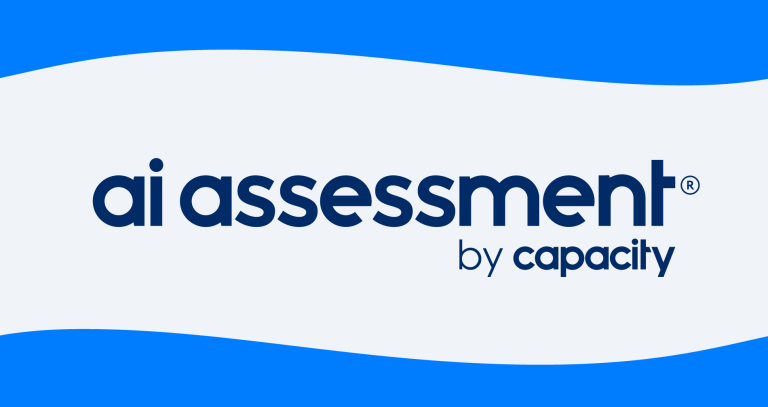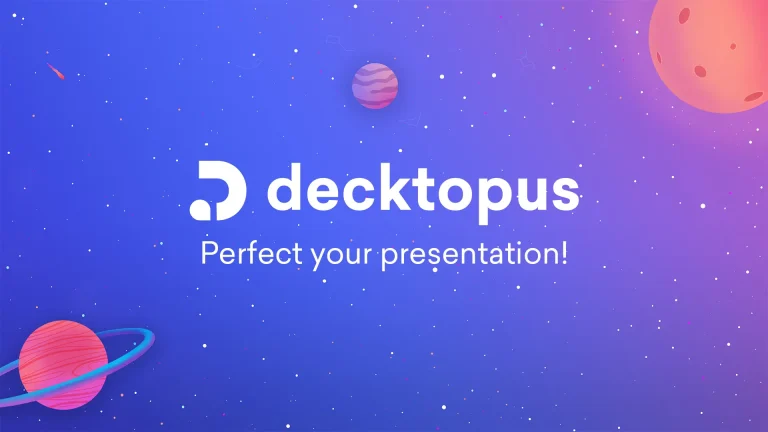AI Disruption is a term used to describe the impact of AI on the work environment. The rise of AI has created opportunities for professionals to upskill and be prepared for the future, but it also presents challenges that need to be addressed.
This article will explore these opportunities and challenges so that you can position yourself for success in this new era of work.
The Best Platforms for Professionals to Upskill
The best platforms for professionals to upskill are Udacity, Coursera, and edX. These platforms offer a range of courses that you can take at your own pace and at no cost.
They also provide certificates upon completion of each course so that you can show off your new skills on LinkedIn or in other ways.
Also read: Navigating a Toxic Workplace: 10 Tips for Protecting Your Mental Health
Udemy is another great platform with thousands of online courses available in many different fields including marketing, business development, and design among others. You pay per course but there are some free ones too!
Udacity
Udacity is a MOOC (Massive Open Online Course) provider that offers high-quality, affordable, and accessible education to anyone who wants it. The platform offers over 1,000 courses in 12 different areas of study including Artificial Intelligence.
The quality of content on Udacity’s website is excellent; the interface is simple and easy to use; there are plenty of topics covered by experts in their respective fields.
Coursera
Coursera is an online education platform that offers free and paid courses in a wide range of subjects. The platform was launched in 2012, and it currently has over 2 million learners from 190 countries.
Coursera provides quality content from top universities and organizations around the world. It allows you to learn new skills, advance your career and make yourself more marketable as a professional in your field.
The courses offered on Coursera are divided into four categories: Specializations (which are 6-8 week courses), MicroMasters Programs (which are 1-year programs), Professional Certificates (short-term courses), or Specialization Certificates (short-term certificates).
edX
The quality of the content on edX is very high. The courses are taught by top-notch professors from some of the best universities in the world, and they are designed to be accessible to anyone with an internet connection.
In addition, the interface is easy to use and intuitive–you can take a course without having any prior experience using computers or websites (though it helps if you have taken at least one college-level course).
The variety of topics available through edX is also impressive; there are over 1,000 courses covering everything from business management to computer science to healthcare administration to physics!
If you’re interested in learning about something new or improving your knowledge base on a topic that interests you already then this platform has something for everyone.
Udemy
Udemy is the world’s largest marketplace for online learning. It has a wide range of topics and quality content, including:
Quality of Content – The quality of Udemy’s content is high, which means you can be confident that you’re getting good value for your money when you purchase any course on the platform.
Certifications – If you’re looking to get certified in digital marketing or data science, Udemy offers several courses that will help prepare you for certification exams such as Google Analytics IQ (GAIQ).
Variety of Topics – You’ll find everything from coding languages like Python to business skills like sales strategy on this site!
LinkedIn Learning
LinkedIn Learning is the go-to resource for professionals looking to build their skills and gain new insights.
LinkedIn Learning offers courses on a wide range of topics, including:
Academics – From data science to business strategy, you can learn what you need to know at your own pace in order to advance your career.
Career Development – Whether you’re looking for tips on how to negotiate a higher salary or want help with networking strategies, LinkedIn Learning has something for everyone here!
Specialized Courses – If there’s one thing we’ve learned about our audience over the years it’s that they love learning new things! That’s why we’ve created specialized courses like “How To Use LinkedIn In Your Job Search” or “How To Get Hired By Using Social Media.” These are just two examples out of many others available through our platform today (and tomorrow).
AI Disruption in Africa
The future of work in Africa is being shaped by AI disruption. As a result, professionals need to be prepared for the changing landscape and learn how they can position themselves for success in this new environment.
In this section, we will provide an overview of what AI disruption means for African professionals, including how it affects their careers and the opportunities available to them as part of this trend.
We will also discuss some challenges that may arise from these changes so that you’re aware of them before they happen so you can plan accordingly!
How Professionals Can Position Themselves
The first step is to find quality resources, which can be difficult to do in Africa.
The second is making time to upskill. You may need to take some time off work or even leave your current job if it doesn’t allow you enough flexibility and control over your schedule.
Finally, developing soft skills like communication and leadership are essential for success in this new era of work where AI will be used as an enabler rather than a replacement for human labor.
Conclusion
The future of work is changing. The advent of AI and other technologies has led to a disruption in the way we do things, and it’s time for us all to adapt our skill sets accordingly.
If you’re a professional in Africa who wants to stay relevant in this new economy, it’s time for an upgrade!
The good news is that there are many benefits associated with this shift: improved customer experience; reduced costs; increased revenue generation.
But there are also some challenges associated with these changes–and it’s important for us all to understand them so that we can prepare ourselves for what lies ahead.





Comments are closed.